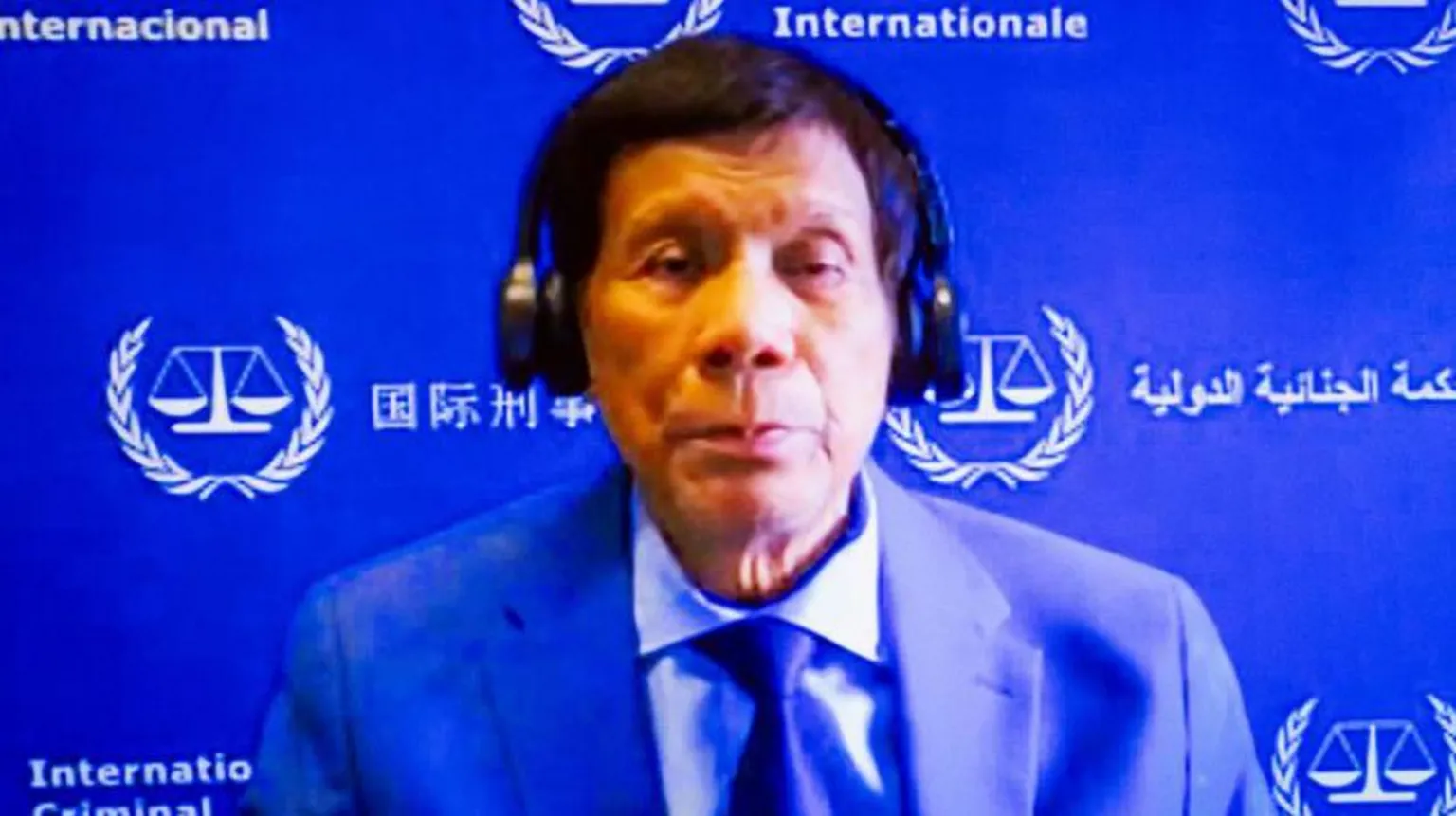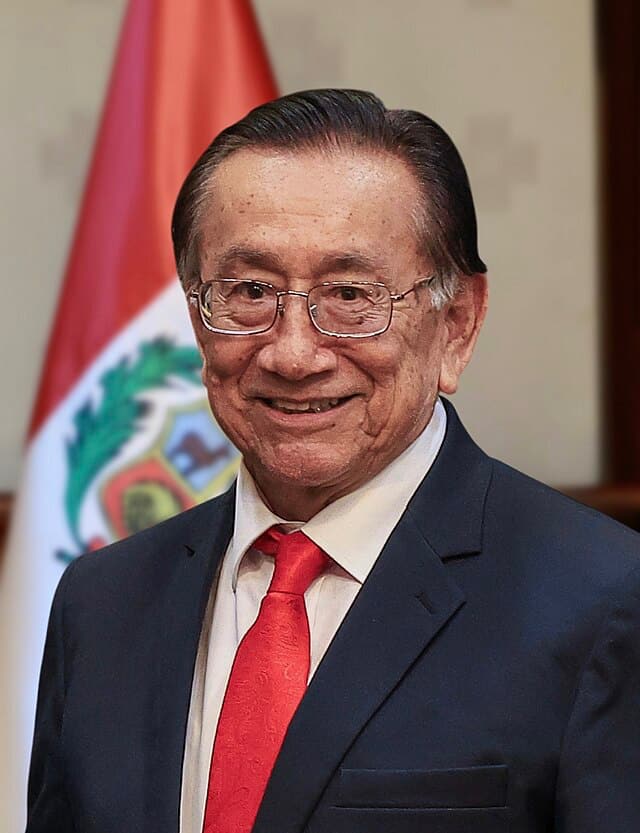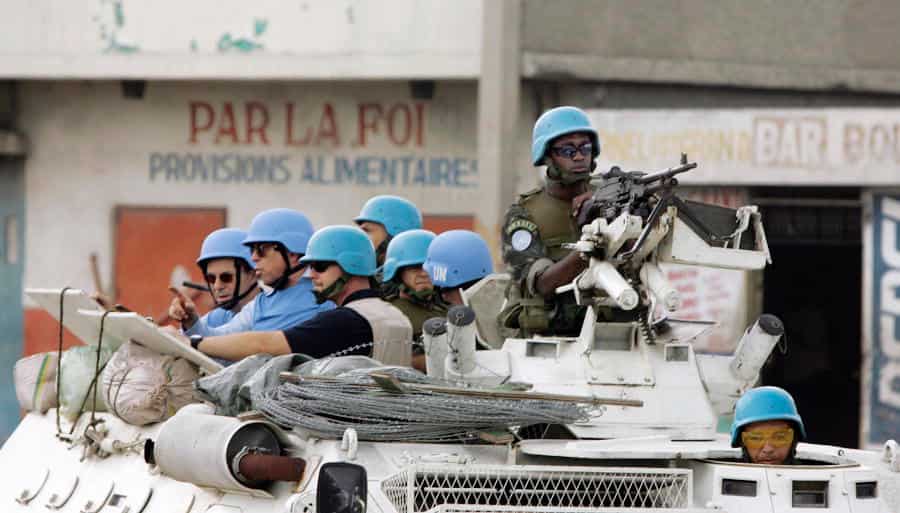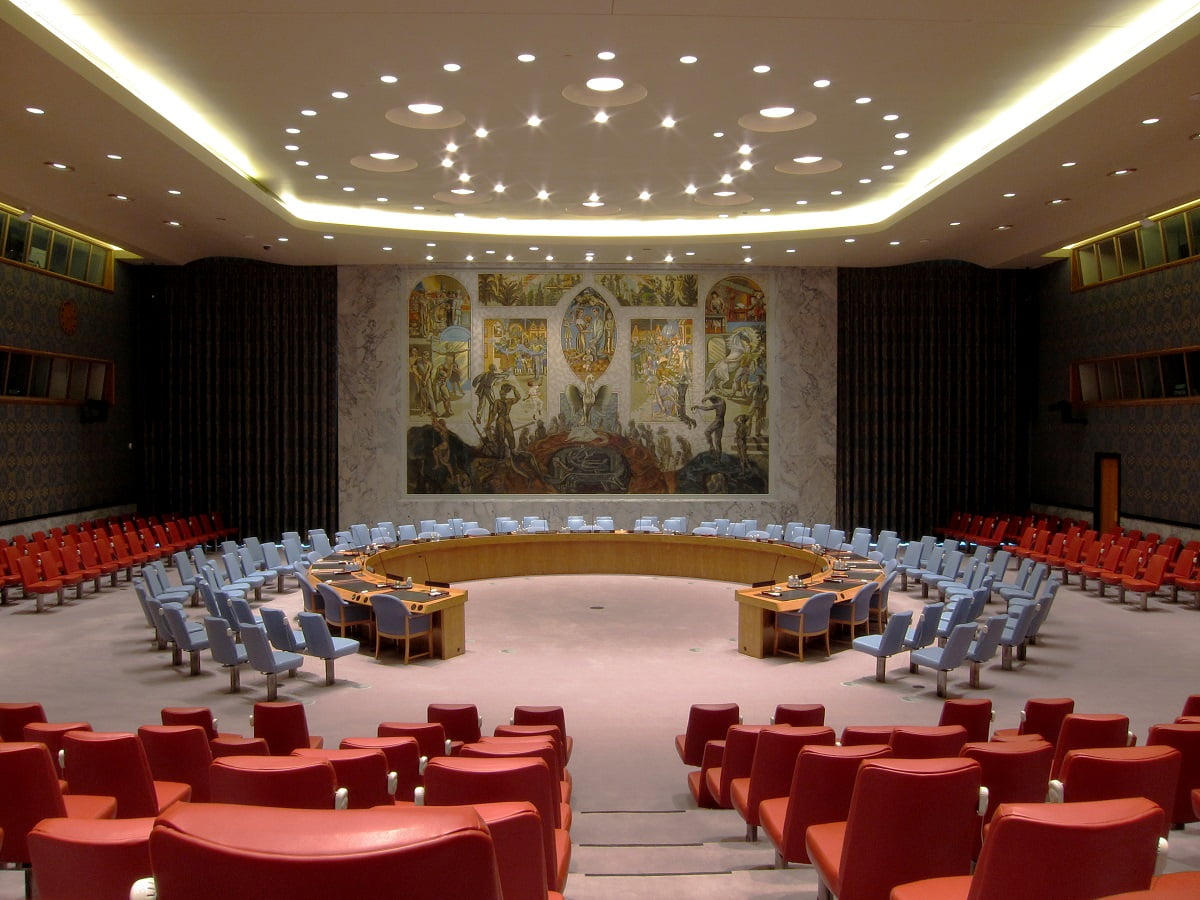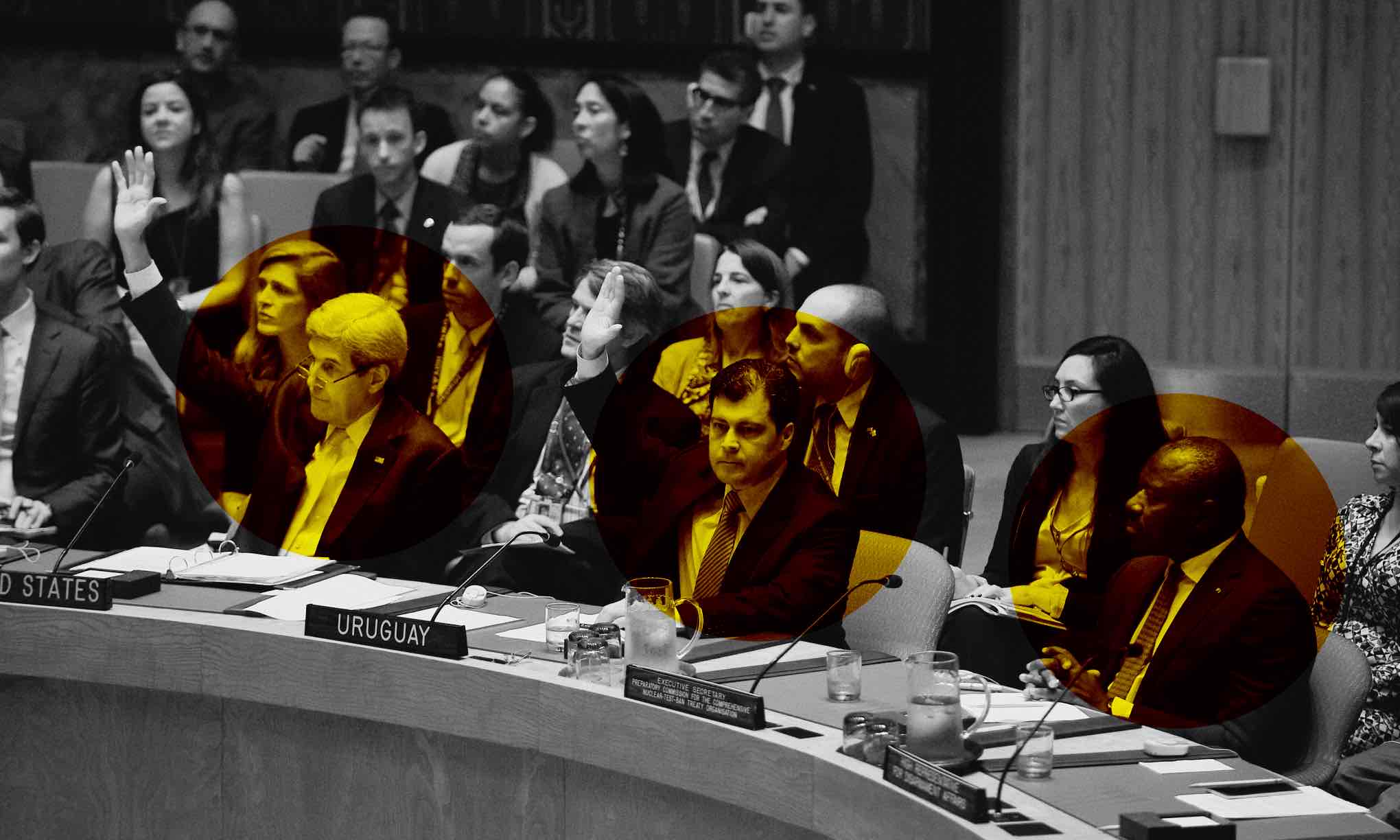6 Solutions to Overhaul the United Nations Security Council
Six game-changing proposals to reform the UN Security Council and restore global peace
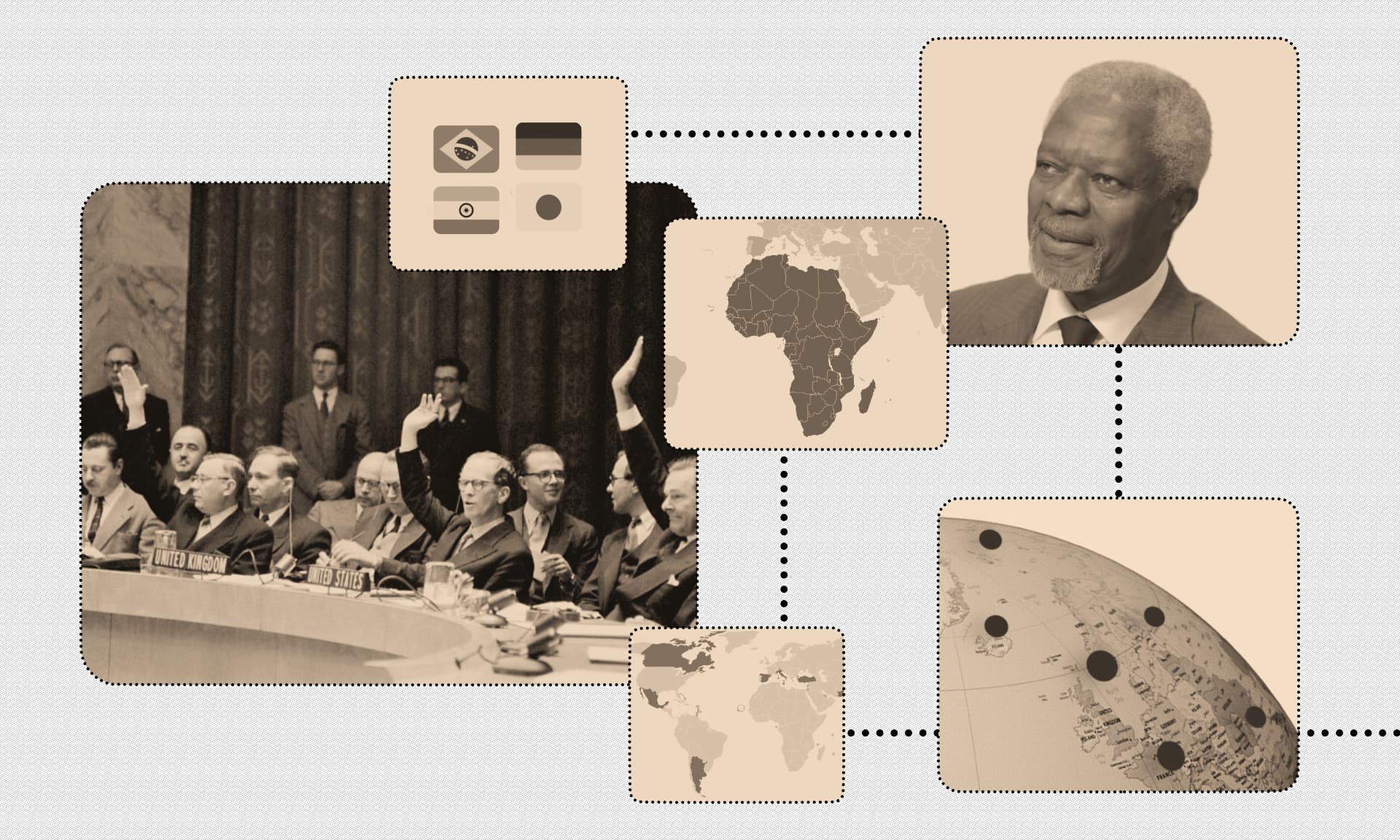
The United Nations Security Council (UNSC) is in desperate need of reform. Its current structure and its voting system have failed to effectively address global conflicts and address the needs of its member states.
The council, made up of 15 members, including the five permanent members or P5 (China, France, Russia, the United Kingdom and the United States) who hold unbridled veto power, has remained largely unchanged since its creation in 1945.
Recent events, notably Russia’s brazen obstruction of a UNSC resolution demanding an immediate cessation of its assault on Ukraine and an immediate withdrawal of its troops, have underscored the urgent need for reform. While 11 of the council’s 15 members voted in favour of the resolution, China, India and the United Arab Emirates abstained, and it ultimately failed.
This event highlights the ongoing challenges faced by the Security Council and the need for change in order to better reflect the current global order. Over the years, many attempts have been made to address these issues and reform the UNSC.
1. Kofi Annan’s reform models
The UN’s own attempt began with the establishment of the Open-ended Working Group in 1993, which discussed increasing the membership of the council.
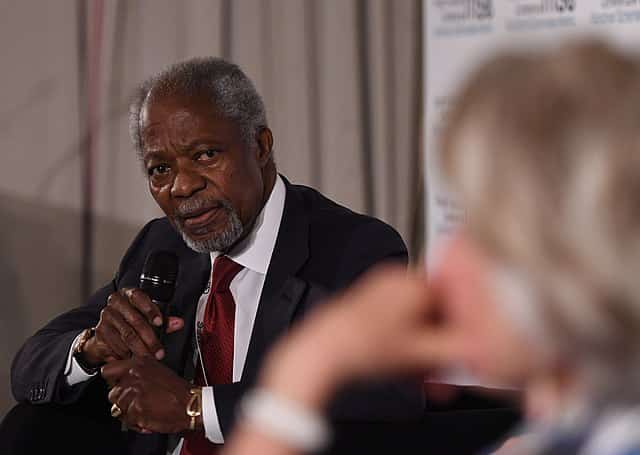
Annan’s High-Level Panel in 2004 put forth two models for reform.
These efforts continued with Annan’s High-Level Panel in 2004, which proposed two reform models. The first model recommended adding six new permanent seats with no veto power, consisting of two each for Africa and Asia and an extra one for Europe and one for the Americas.
The second proposal recommended creating eight seats that would last for four years and could be renewed, as well as one new seat that would only last for two years and could not be renewed. Despite these recommendations, the UNSC has yet to see any changes, while there continue to be various movements advocating for reforms.
2. Group of Four (G4)
The G4 is a group comprising of Brazil, Germany, India and Japan that supports each other’s bids for permanent seats on the Security Council. The group was formed in 2004 in response to the first model recommended by Kofi Annan’s panel. Since then, the economic and political influence of these countries has significantly grown, reaching a level comparable to that of the current permanent members of the UNSC.
The G4 nations are regularly elected to two-year terms on the UNSC as non-permanent members by their respective regional groups and have spent a cumulative 64 years on the UNSC, with each country serving at least a decade.
The G4’s bid for permanent membership has received support from some members of the P5 on the basis that they will not initially be able to exercise the veto power. However, their bid has faced opposition on an individual basis from some countries due to regional disputes. For example, China, Russia and South Korea oppose Japan, while Argentina opposes Brazil and Pakistan opposes India.
3. The Ezulwini Consensus
The Ezulwini Consensus is a proposal put forth by the African Union in 2005. It calls for the addition of at least two permanent seats and five non-permanent seats to be allocated by the African Union, with all permanent members, including the new African ones, having the right to the veto.
However, the proposal also states that the African Union is opposed to the veto in principle, indicating a desire for a more democratic and fair decision-making process within the Security Council.
While the African Union has stated that it will determine which countries will represent the continent on the Council, it was unable to decide on two nominees during the discussions in 2005, as Egypt, Nigeria, and South Africa all claimed the right to a permanent African seat.
Despite this, the Ezulwini Consensus has remained a central part of African negotiations in the ongoing debates over Security Council reform, given Africa’s status as a key swing region with 54 member states. The G4 countries have applied pressure on the Consensus, but it has remained a strong proposal for African representation on the UNSC.
4. Uniting for Consensus (UfC)
Led by Italy and made up of key members including Canada, South Korea, Spain, Turkey, Mexico, Argentina, Pakistan and Malta, the UfC aims to counter the bids for permanent seats made by the G4 and the African Union.
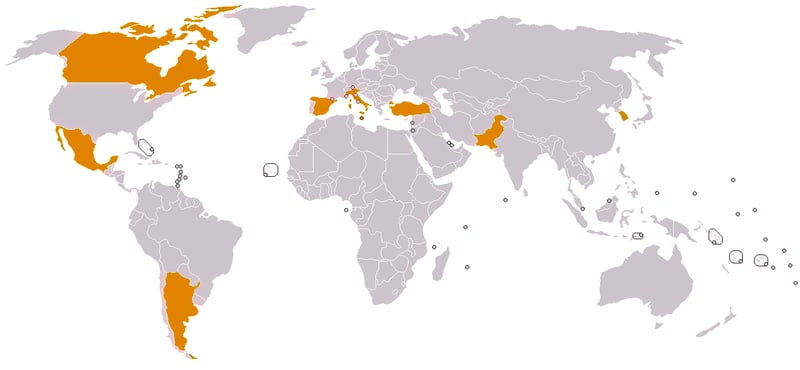
The UfC, spearheaded by Italy and comprising significant stakeholders such as Canada, South Korea, Spain, Turkey, Mexico, Argentina, Pakistan, and Malta, endeavors to counter the G4 and African Union’s endeavors to secure permanent seats.
Instead, it calls for a consensus to be reached before any decisions are made on the form and size of the Security Council. The group argues that the expansion of permanent seats would further widen the gap between member countries and result in the extension of privileges, with a knock-on effect on countries that are not included.
In 2005, the UfC presented a proposal to increase the number of non-permanent seats from ten to twenty, with the seats being elected by the General Assembly. These would be for a two-year term and would be eligible for immediate re-election subject to the decision of their respective geographical groups.
Later in 2009, Italy presented a new model of reform that proposed creating non-permanent seats with extended duration (3 to 5 years) that would be rotated among regional groups rather than allocated to individual countries. Its proposal also addresses the issue of veto, offering options ranging from its abolition to its limitation to Chapter VII (Action with Respect to Threats to the Peace, Breaches of the Peace and Acts of Aggression) matters only.
5. Permanent Continental Members

Read more: The Case for Permanent Continental Members at the UN Security Council
As we discussed, the UNSC has long been criticised for its lack of diversity and over-representation of certain nations. A new proposal aims to shake things up by replacing the five permanent national members with eight permanent continental members, each representing a supranational union of countries within their respective continents.
This idea was recently highlighted in The Gordian magazine and has sparked a lot of discussion about its potential benefits and drawbacks.
The goal of this proposal is to create a more balanced and representative distribution of power within the UNSC, where decisions are made based on the common interests of the continent rather than individual national interests. This would not only bring more diverse perspectives to the table, but also help ensure that global decisions are made with the best interests of all nations in mind.
While there are certainly challenges and potential roadblocks ahead, Permanent Continental Members could be a diverse and civilian-led approach to global governance, with the hope of ultimately leading to a more balanced and peaceful world.
6. Holding the P5 Accountable for Use of Veto
While these proposals have yet to gain real traction, amid growing criticisms, the UN General Assembly adopted a resolution in April 2022 aimed at holding the P5 accountable for their use of veto.
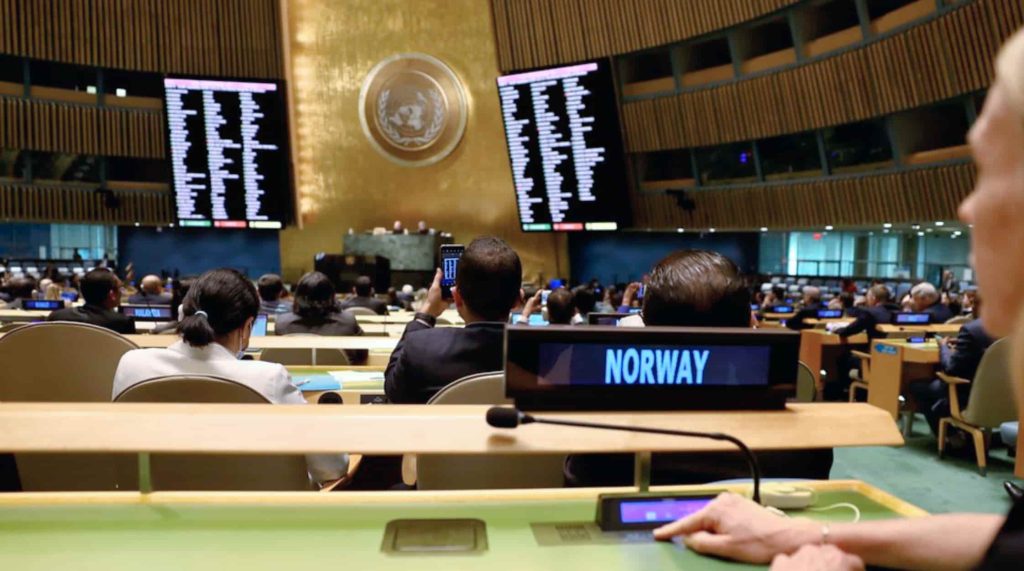
In April 2022, the UNGA adopted a resolution to hold the P5 accountable for their veto usage. Photo: Ministry of Foreign Affairs/Ragnhild H. Simenstad
The resolution, which was adopted without a vote, states that the President of the General Assembly should convene a formal meeting within 10 working days of a veto being cast by one or more of the permanent members. They should also hold a debate on the situation for which the veto was cast, as long as the Assembly is not already in an emergency special session on the same issue.
The Assembly has also invited the Security Council to submit a special report on the veto in question at least 72 hours before the relevant discussion takes place. The resolution was co-sponsored by 83 member states, including three of the permanent members of the Security Council.
It has received mixed a response, with some arguing that it is an important step towards accountability, while others argue that it infringes on the division of powers between the Assembly and the Council.
Tangible Reforms in Sight?
After almost three decades of discussion, the resolution marks a significant milestone in the quest to reform the UNSC. Despite facing numerous challenges and opposition, the need for change is widely recognised and efforts are being made to address the issues faced by the council.
From its current structure and voting system that have failed to effectively address global conflicts and the needs of member states, to the veto power held by the P5, the UNSC has remained largely unchanged since its creation in 1945. It is now up to member states to come to a consensus and implement meaningful reforms that better reflect the current global order and address the needs of all member states. The General Assembly Resolution to instil accountability in regard to veto marks a promising step towards tangible changes in the future.


